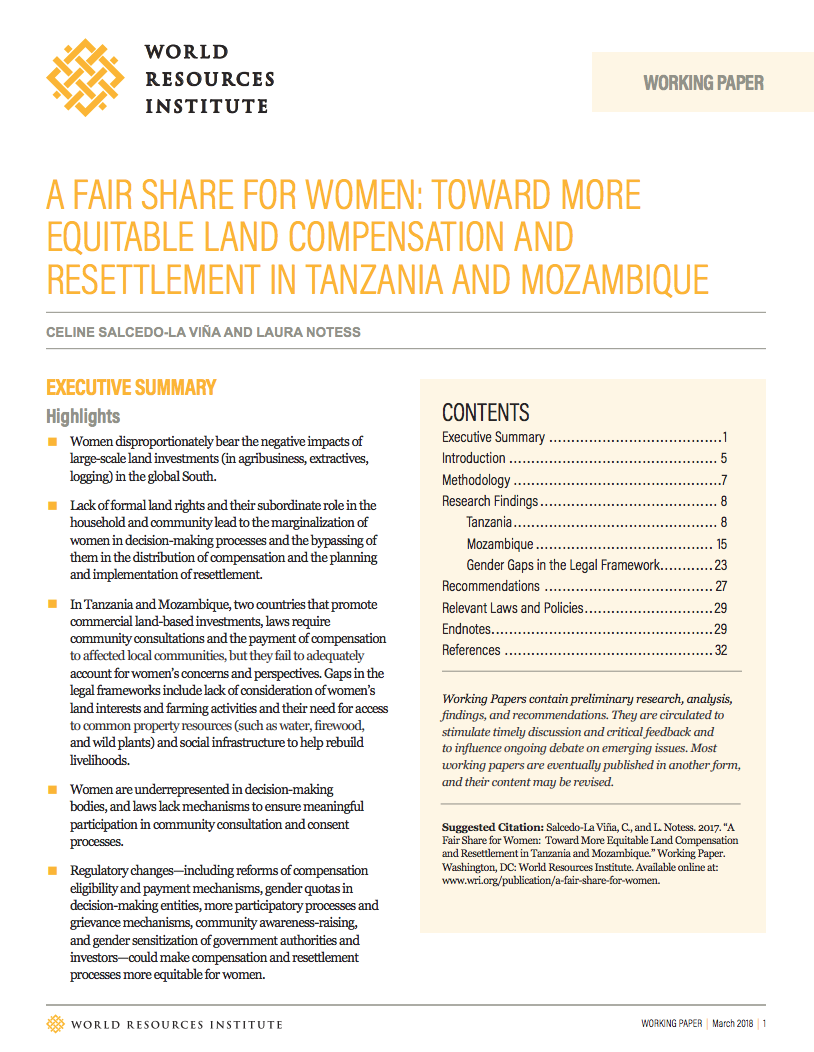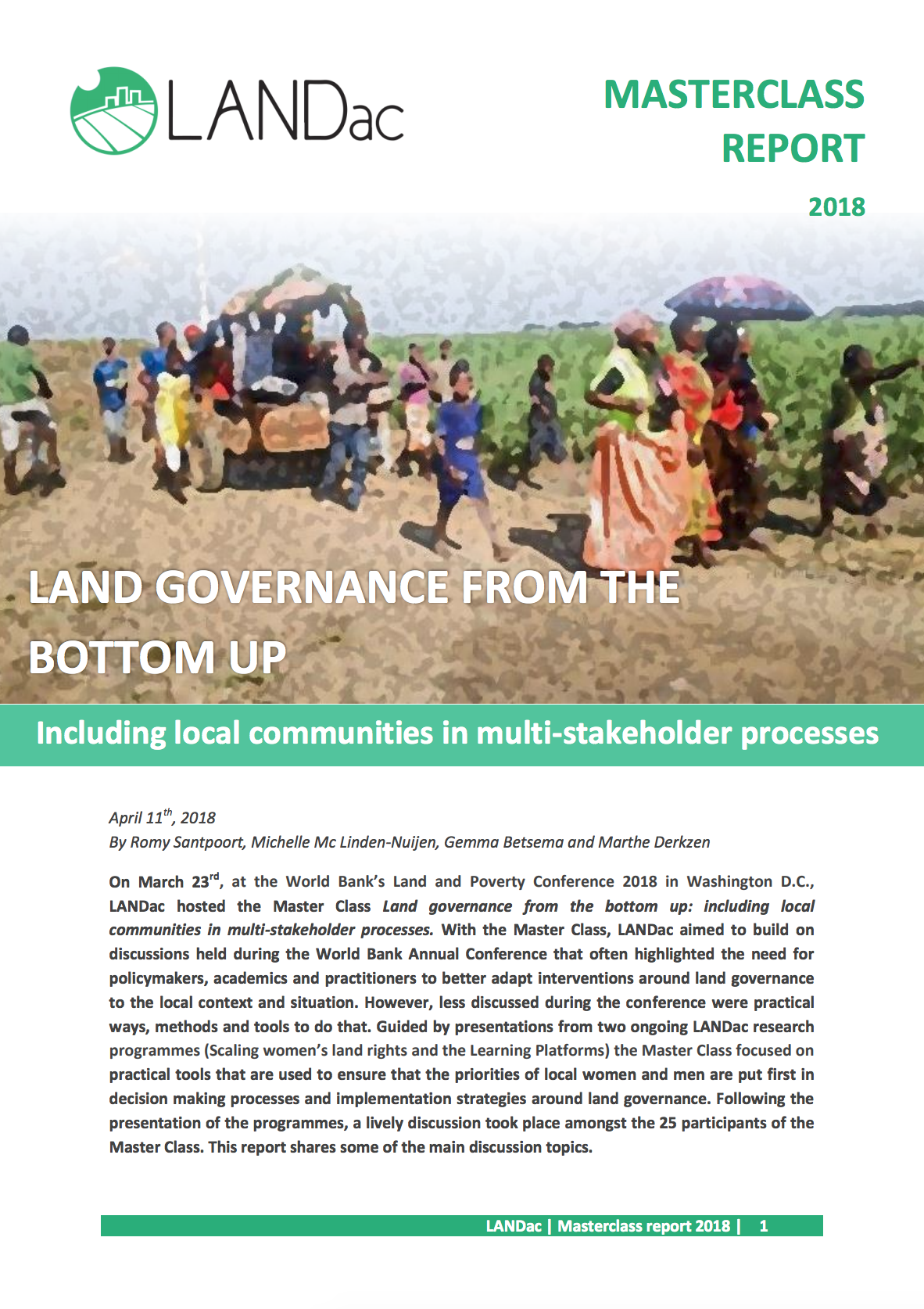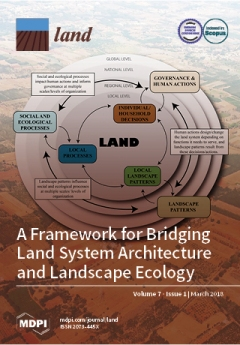Market-led Development versus Basic Needs: Common Property and the Common Good in St. Lucia
This paper argues that contemporary development policies have failed to solve the problem of the maldistribution of economic resources, poverty, underemployment, and skewed income distribution. With the collapse of the Lomé Convention in 1996, St. Lucia saw its banana export market suffer a steep decline. Since then, Lomé St. Lucia has focused on market-led international tourism as the new engine of growth. Market-led development is fraught with economic cycles of up and down that lead to economic uncertainty and catastrophe for many people of limited resources.




